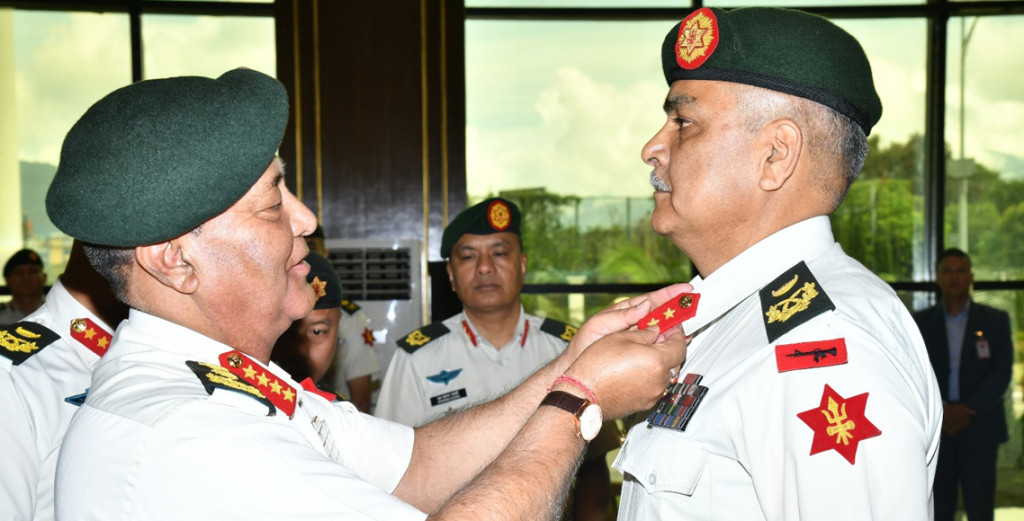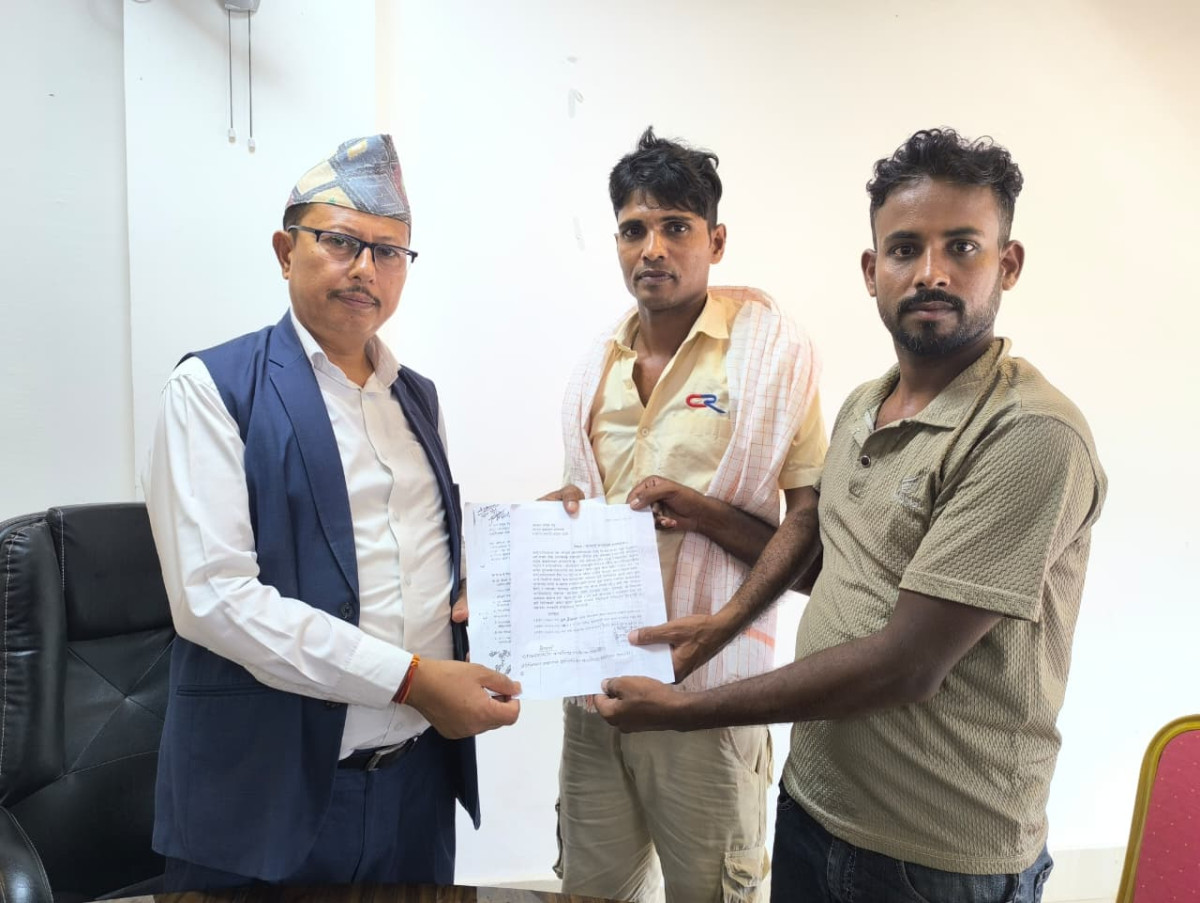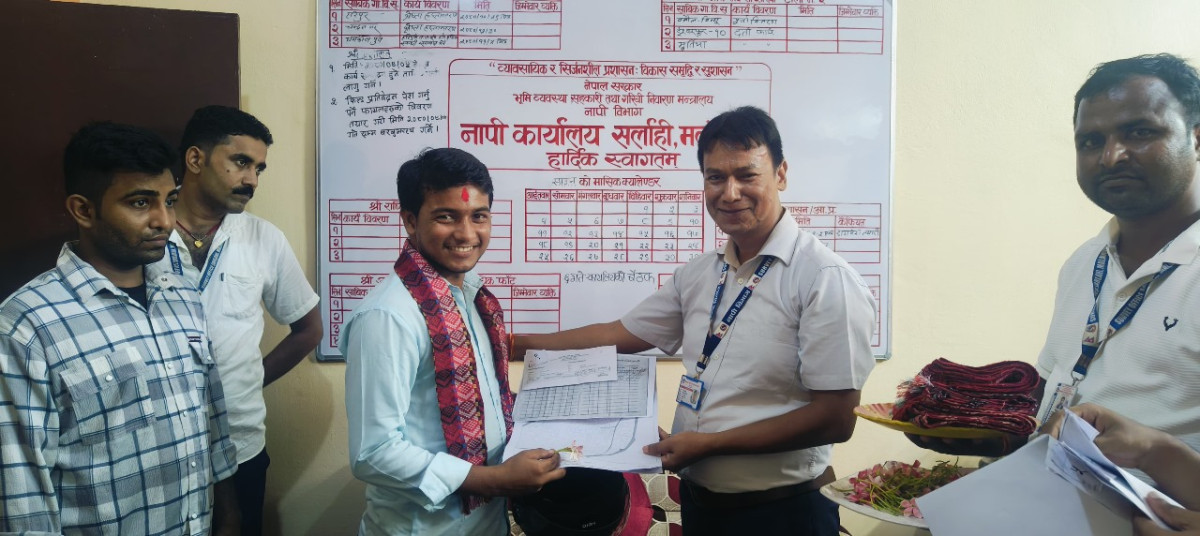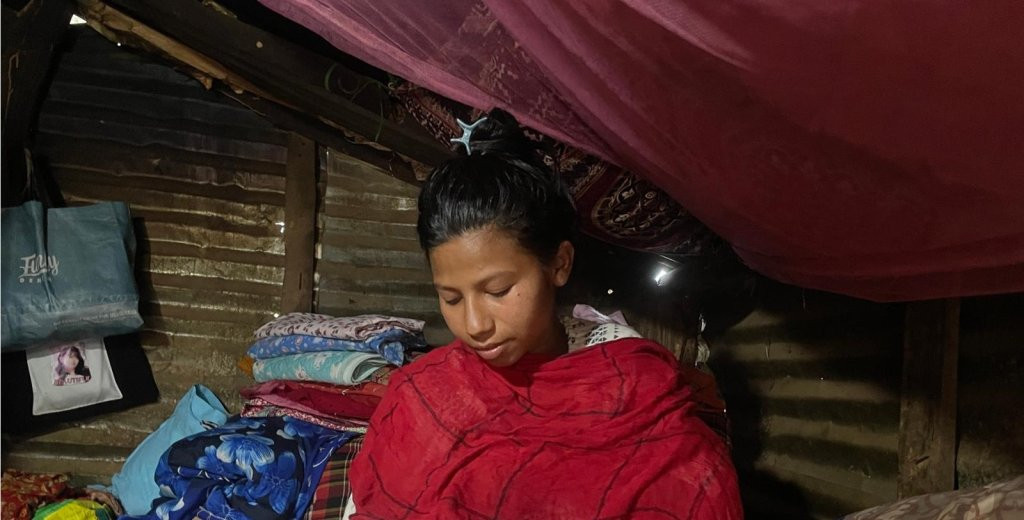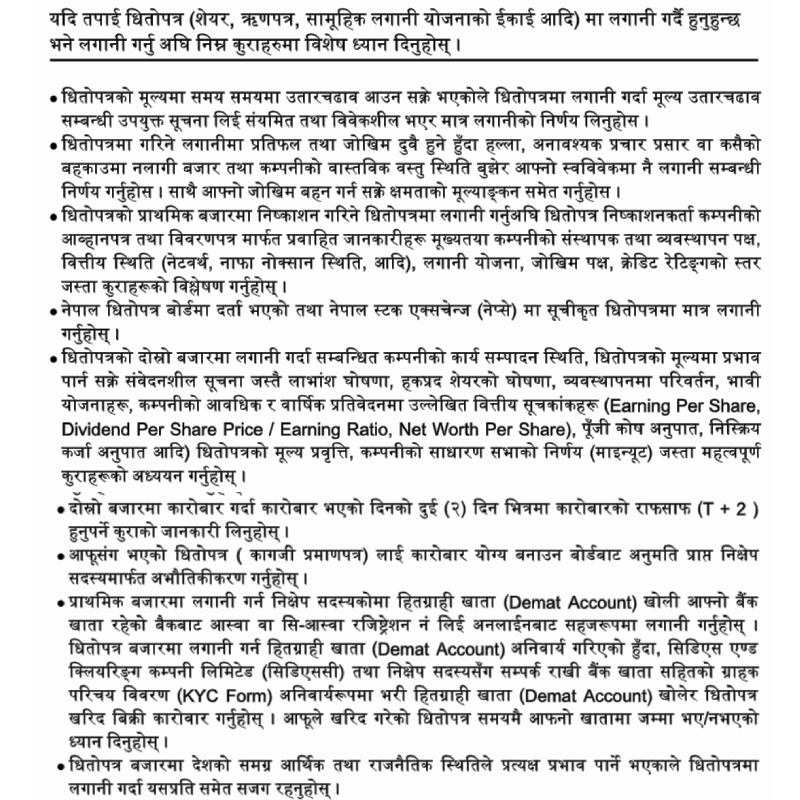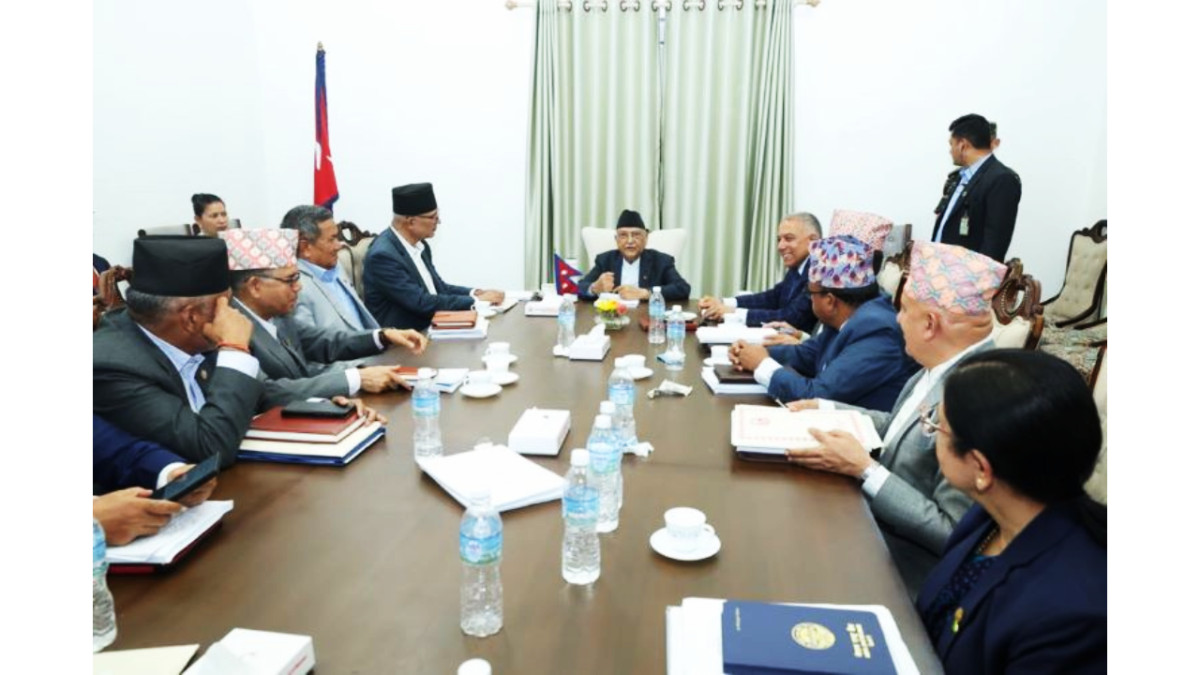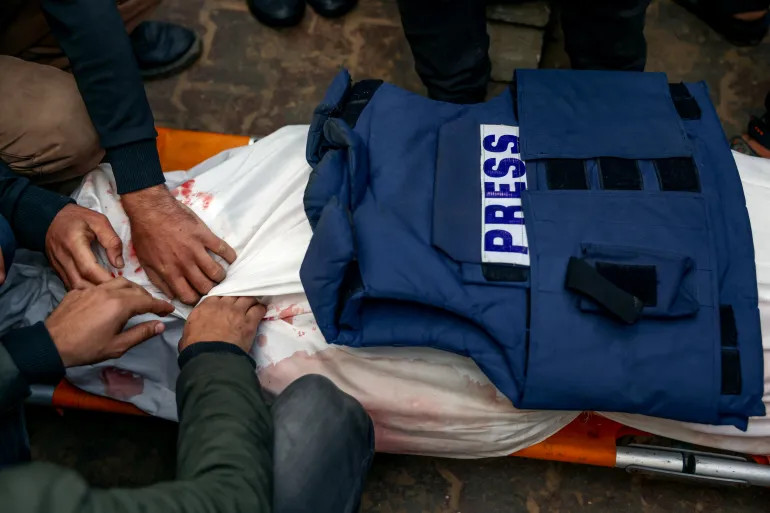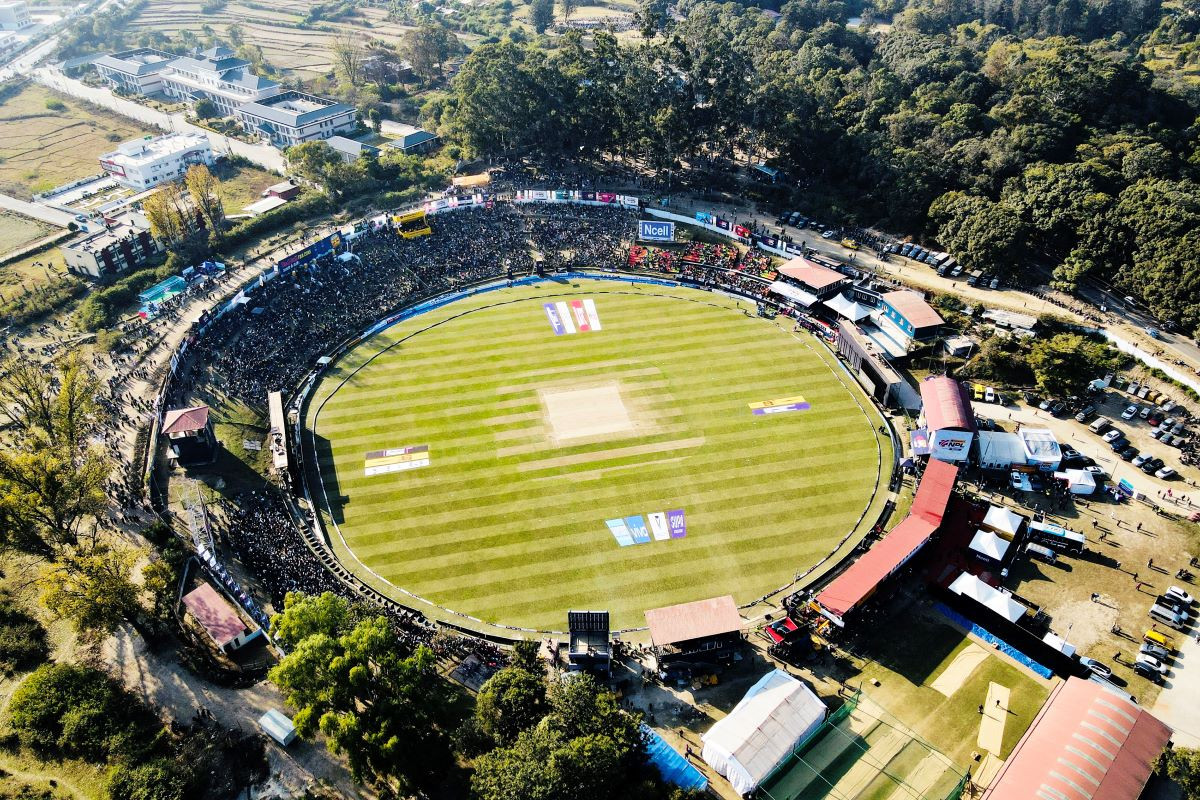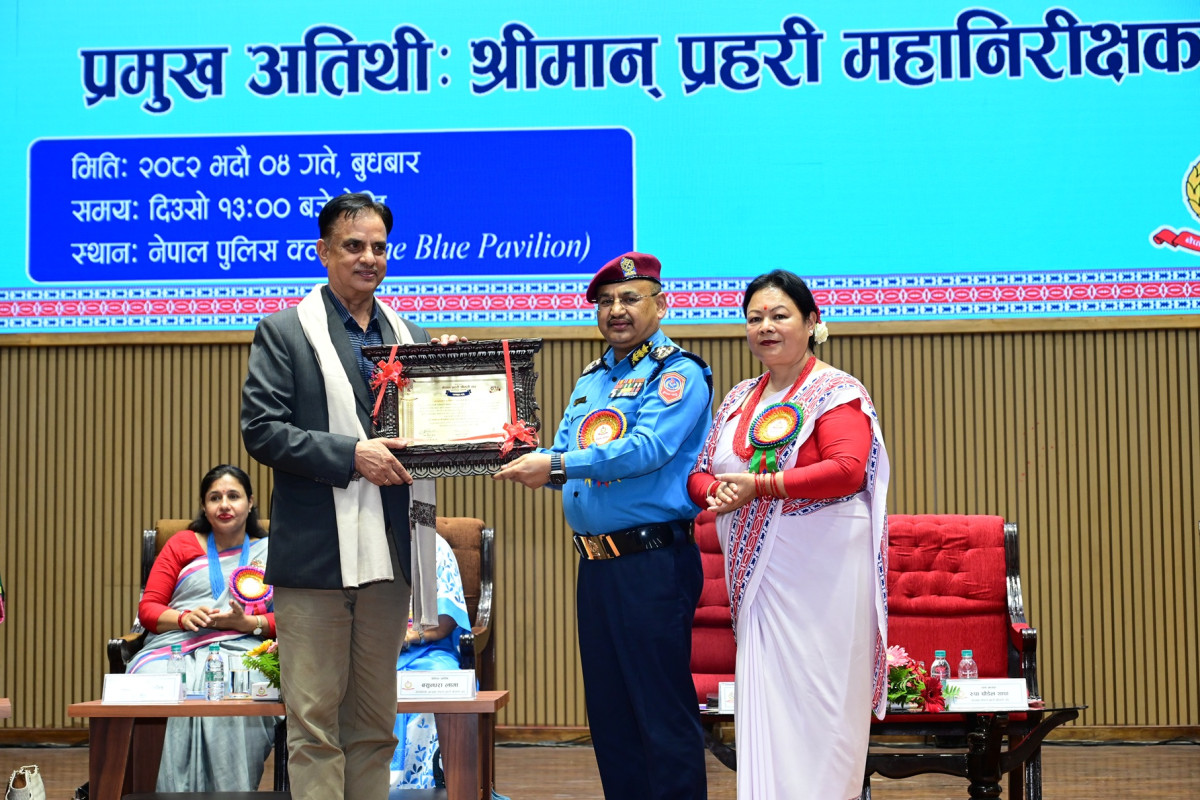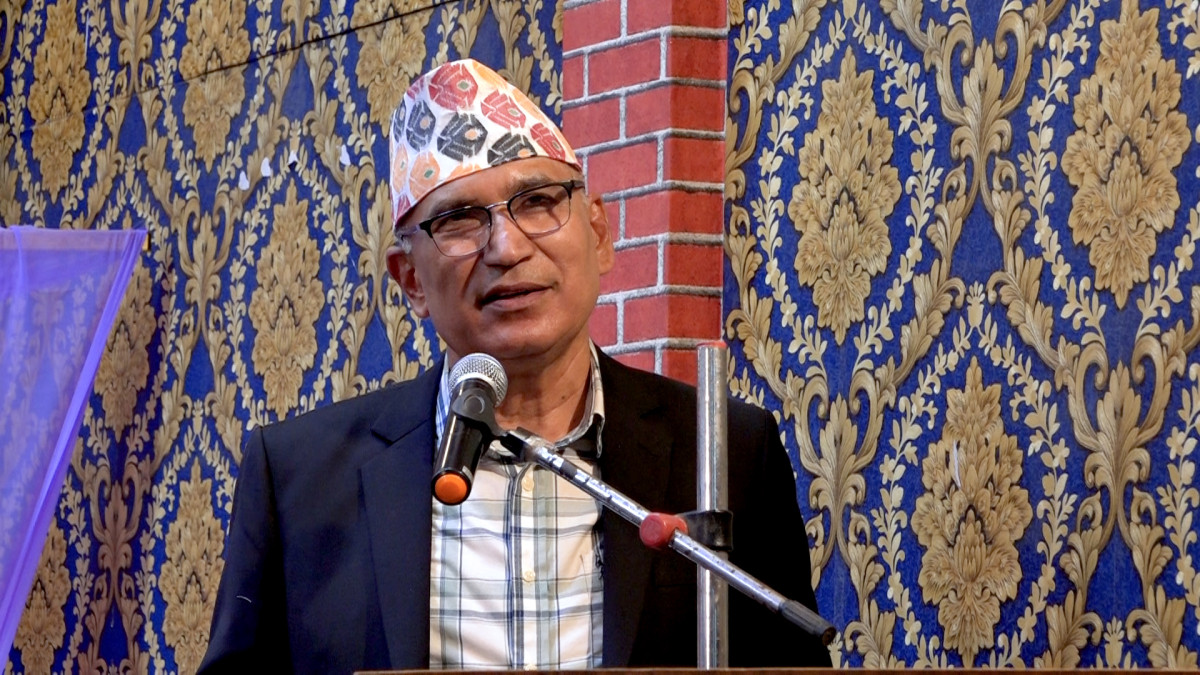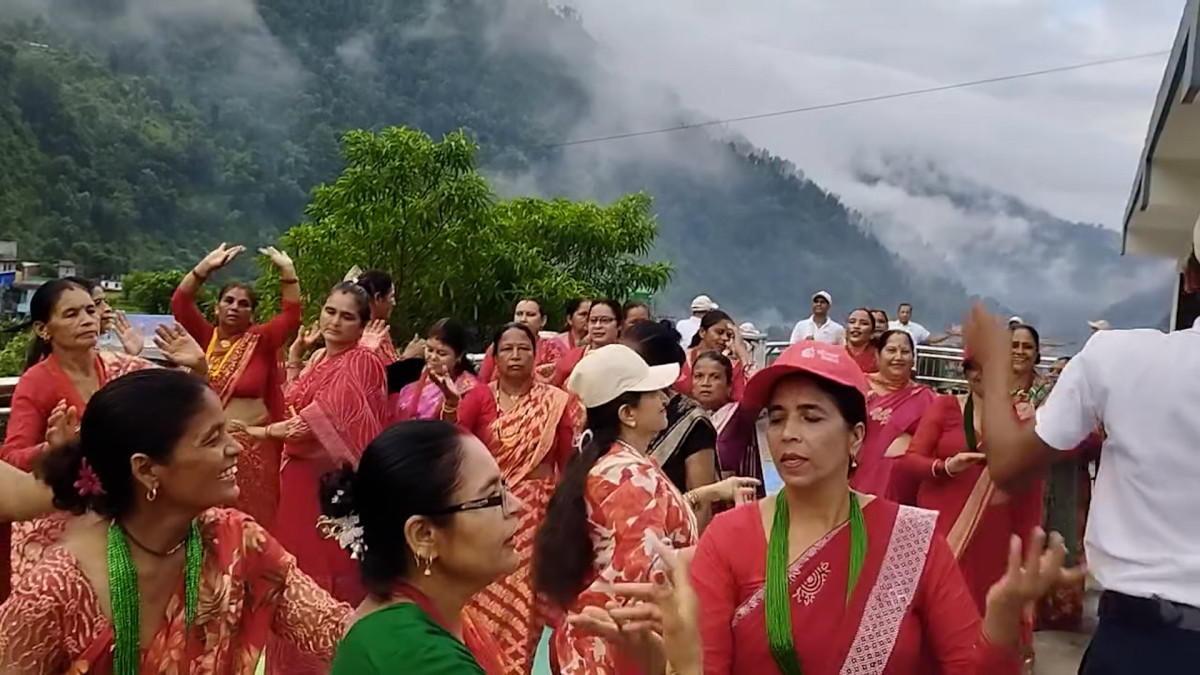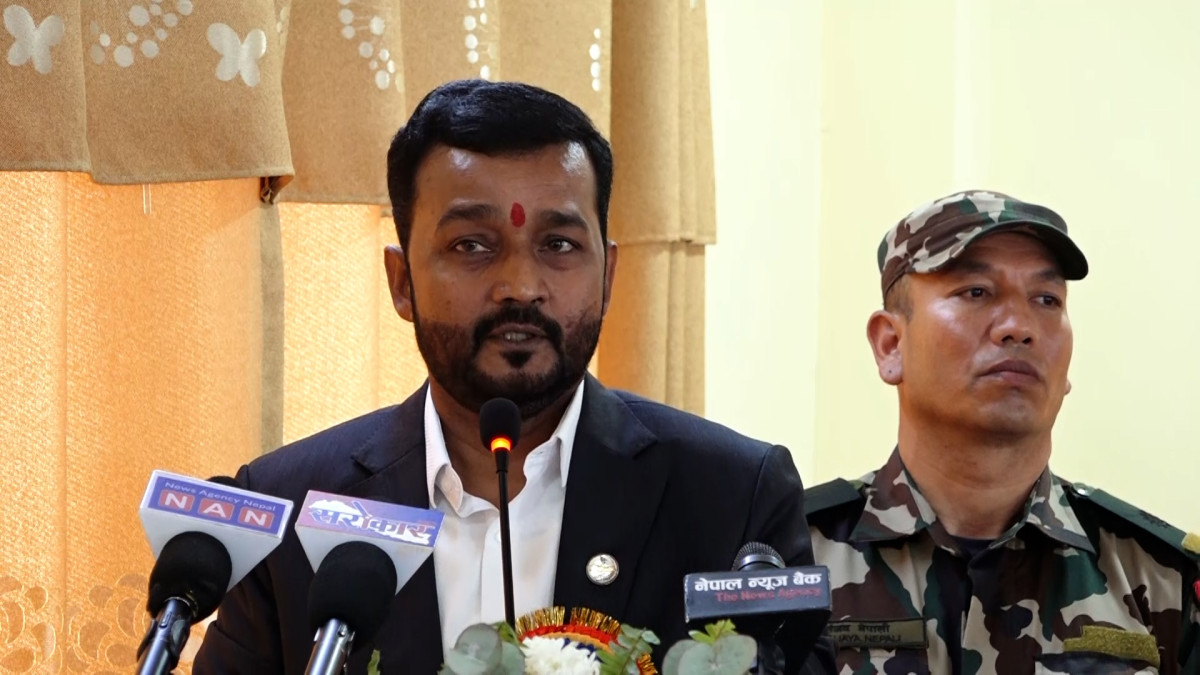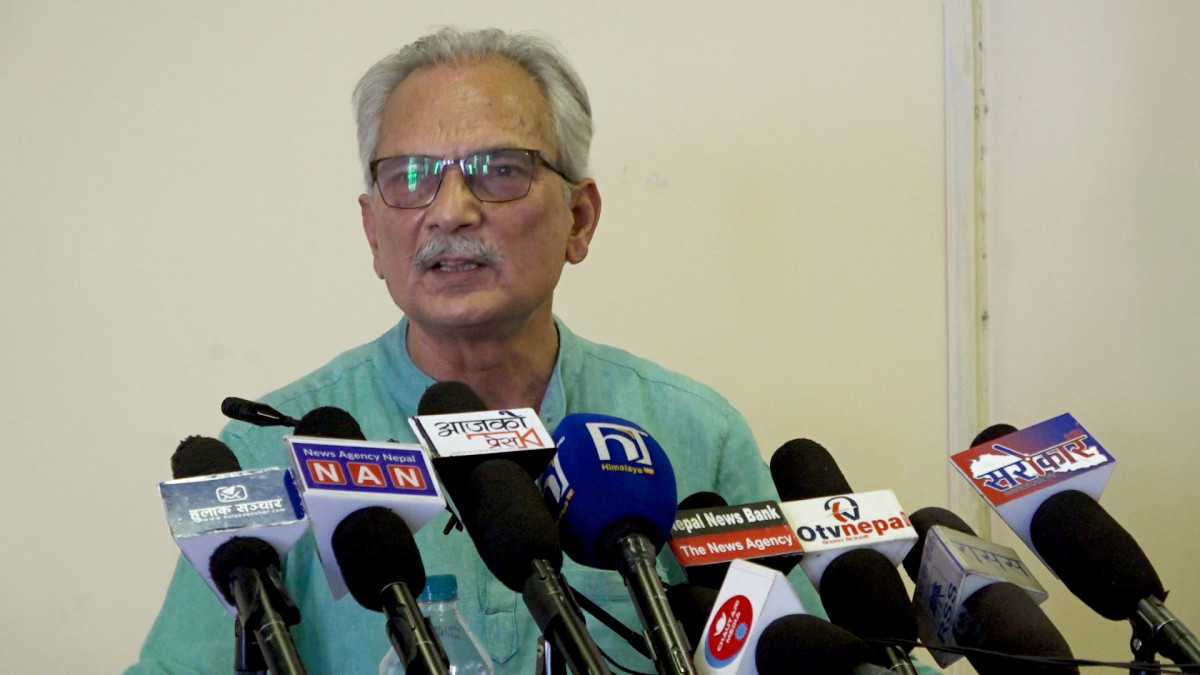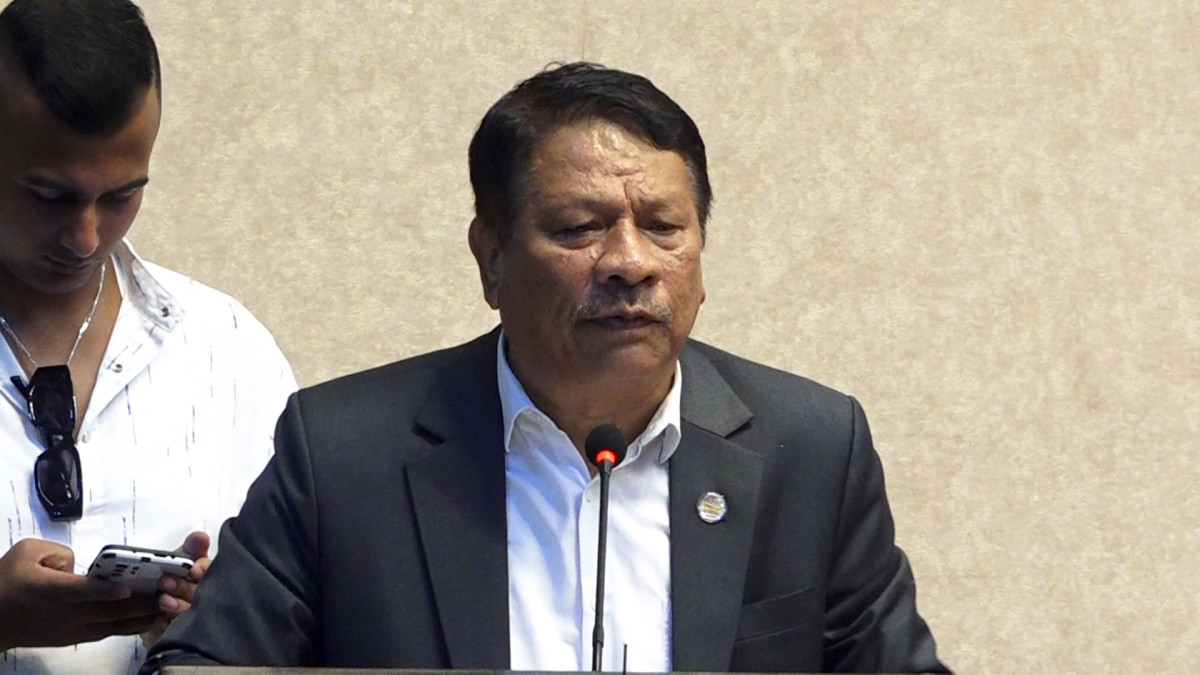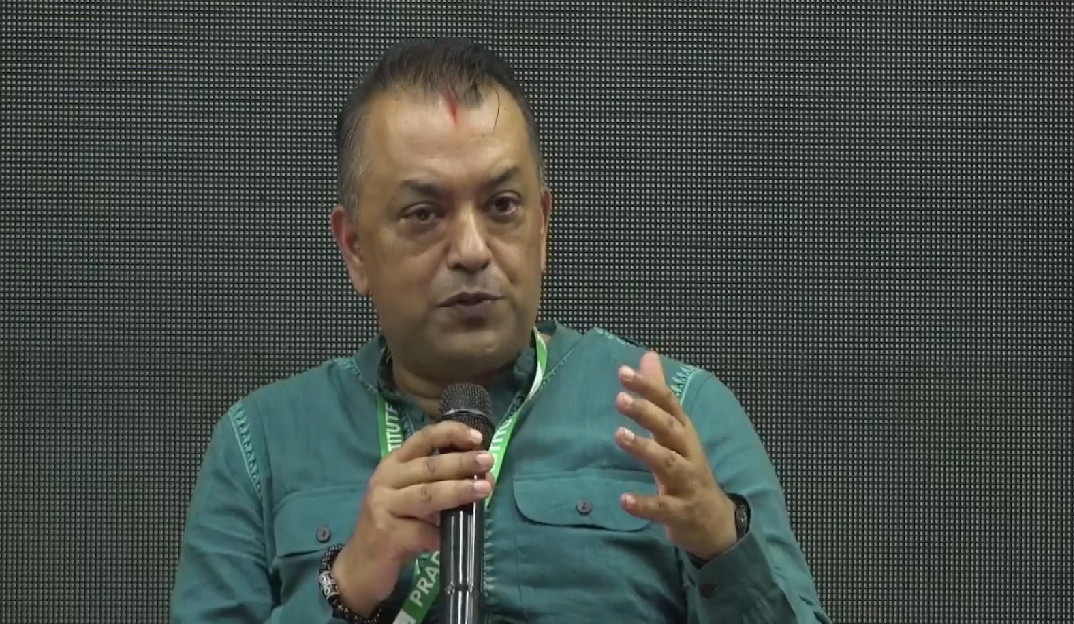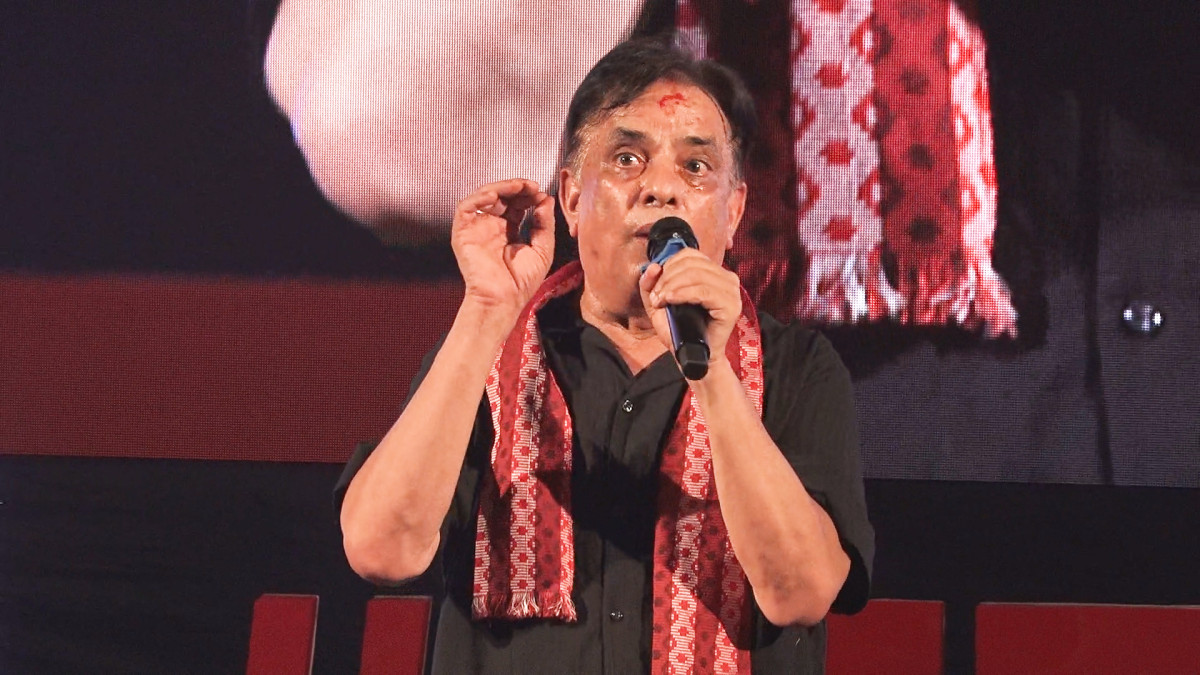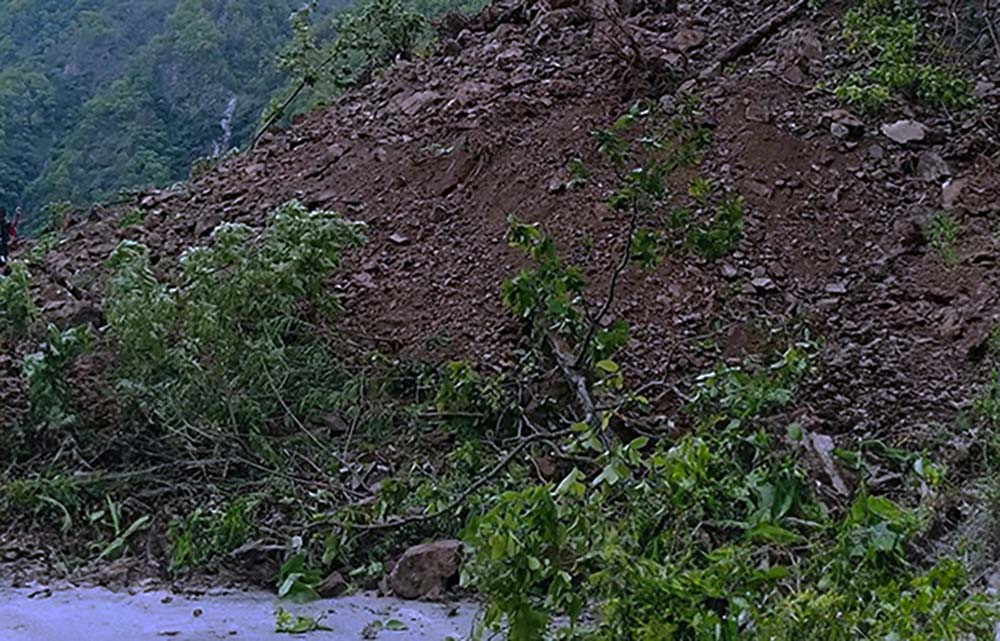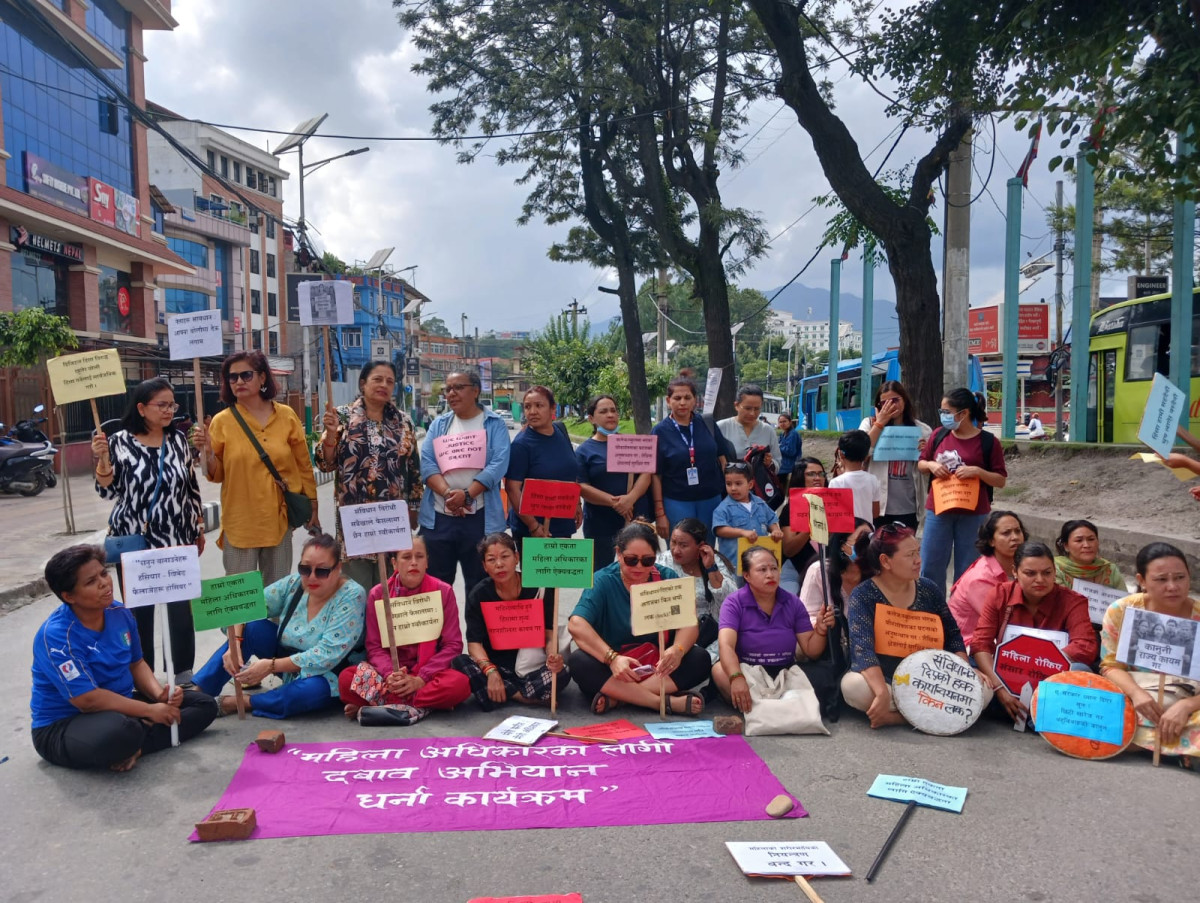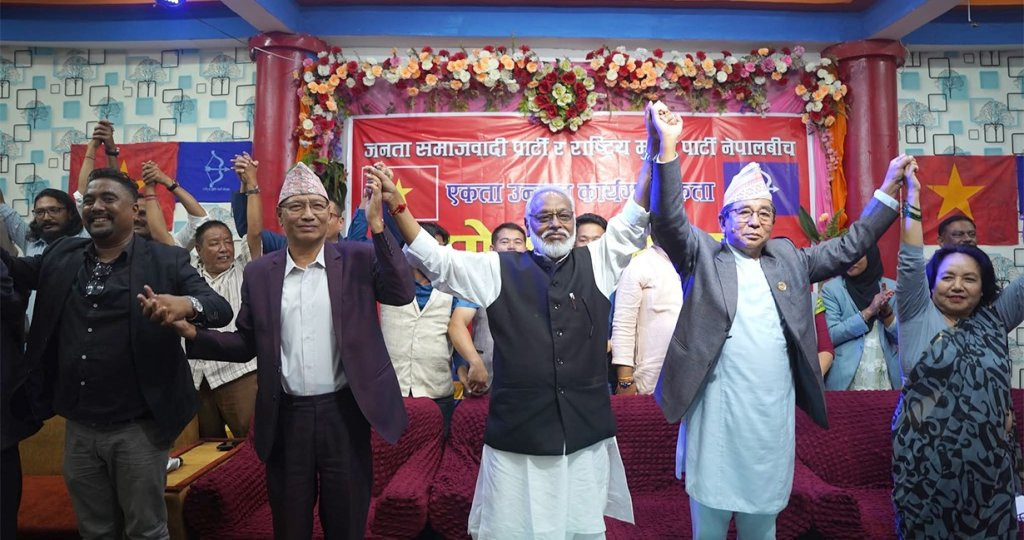Bipin Joshi, a 25-year-old Nepali agriculture student, went to Israel full of dreams not just for himself, but for the well-being of his family. Like many Nepali youths seeking better opportunities, he left his homeland, his mother, his loving sister, and all the comforts of home behind in pursuit of a brighter future.
Bipin’s story is a warning for Nepal. Thousands of Nepalis travel abroad for work and study, often to unsafe places. Their safety cannot be an afterthought. The government must enhance its diplomatic networks, emergency response systems, and security measures for citizens abroad.
Mr. Joshi had gone to Israel through the “Learn and Earn” program, which allows Nepali students to study and work abroad. It was his first trip out of Nepal and his first chance to learn advanced farming techniques to help the nation, alongside his friend, with the hope that one day, his hard work would bring prosperity and pride to his family.
But fate had a cruel twist in store. Bipin was tragically caught in the crossfire of an international conflict. Early on 7 October 2023, Israel woke up to a nightmare. Hamas militants launched a surprise, well-coordinated attack by land, sea, and air. Thousands of rockets rained on Israel’s Iron Dome defense system, and militants crossed the border into nearby towns. Hundreds of civilians were killed within hours, thousands were injured, and Israel declared war. The world was shocked by the scale of the violence. Hamas said the attack was resistance against decades of occupation and blockade. Israel called it terrorism. But for us, beyond the borders, the issue was even more personal.
He became one of the unfortunate victims abducted by Hamas. Joshi and 17 other Nepali students were living at Alumim Kibbutz, an agricultural settlement near the Gaza border. During an attack in a foreign land, he could have thought only of his own survival, but Bipin Joshi is not just any young man. Even in captivity, he reportedly risked his life to save others.
Ten Nepali students were killed that morning, and six others were injured. Bipin survived the first attack, but his situation soon worsened. Survivors said he threw a grenade out of a shelter, saving many lives. But militants then captured him and took him to Gaza. Israeli authorities confirmed he was arrested. The last time he was seen alive was in a Gaza hospital on security cameras. Since then, nothing is known about his condition, location, or treatment.
While the world turns its indifferent face, Bipin’s family in Nepal suffers in silence and agony. His mother, who once held him in her arms as a child, now holds onto hope with trembling hands. She and his sister even traveled all the way to Israel, crossing continents to plead for his release not just as a political prisoner, but as a human being, a son, a brother.
Legally, Bipin’s abduction is a violation of the Geneva Conventions. Hostage-taking in war is a serious international crime. Nepal has the right and responsibility to seek justice. But politically, the law matters little without the will to act. The government’s weak response shows a harsh truth: humans from weak nations often matter less in global politics.
To understand Bipin’s tragedy, we need to look at the history of the Israel-Palestine conflict. The roots go back over a century, tied to land, religion, and identity.
In 1947, the United Nations proposed dividing British-controlled Palestine into separate Jewish and Arab states. Jews accepted the plan, but Arabs rejected it. In 1948, Israel declared independence. Neighboring Arab countries attacked, starting the first Arab-Israeli war. For Jews, this was liberation after the Holocaust. For Palestinians, it was the Nakba, when hundreds of thousands were forced from their homes.
Since then, there have been multiple wars:
• 1956 Suez Crisis: Israel, Britain, and France invaded Egypt after Egypt nationalized the Suez Canal.
• 1967 Six-Day War: Israel captured Gaza, the West Bank, East Jerusalem, and other territories.
• 1973 Yom Kippur War: Egypt and Syria launched a surprise attack on Israel during a holy day.
• 1982 Lebanon War: Israel invaded Lebanon to fight Palestinian militant groups.
• 2008–2009, 2012, 2014 Gaza Wars: Israel and Hamas clashed repeatedly, causing massive civilian casualties.
Gaza, under Hamas, has been under blockade and siege for nearly 20 years. Jerusalem’s holy sites, including Al-Aqsa Mosque, often trigger violence. Hamas says the October 7 attack was a response to the occupation and blockade. Israel vowed full revenge. Civilians suffer the most, and hostages like Bipin are caught in a war they never chose.
Does Hamas not understand the cries of a mother? The pain of a sister who shared her childhood with her brother, who now wakes up each day with his smile haunting her dreams? Bipin's mother gave birth to him with the same pain and love that every mother feels. And yet, those who hold him captive were also born of mothers. Do they not feel that same bond? That same love? Is there no humanity left? Bipin Joshi is more than a name; he is the pillar of his family. As the eldest son, he bore the hopes of generations. In rural Nepal, the eldest son is not just a child but a symbol of responsibility, sacrifice, and strength. His absence has left an emotional and economic void that cannot be measured.
And yet, in the face of this crisis, where is the Nepalese government? Silent. Helpless. Powerless. The government of Nepal has failed not just Bipin, but every citizen who dares to dream beyond its borders. Nepal’s weak foreign policy and fragile diplomatic relations have exposed the vulnerability of its people on international soil. The lack of pressure on international organizations and foreign powers to secure Bipin's release is shameful. It reflects the government's chronic inability to protect its own. At a time when the nation should be rallying behind Bipin Joshi, when the government should be exhausting every diplomatic channel, it instead continues with business as usual. Is this the value of a Nepali life in the eyes of those in power?
This is not just a story of conflict. This is a story of a son, a brother, a hero forgotten by his country, but remembered every night in the silent prayers of a mother and the tears of a sister. Bipin Joshi is not just a name; he is a symbol of broken promises, of familial love that transcends borders, and of a government's betrayal of its people.
Globally, his story reminds us that every statistic represents a real person with dreams, a life, and a family. Bipin was not a politician or soldier-he was an innocent student wanting to learn agriculture and contribute to his country. His story should not be buried as just a footnote of war.
Almost a year has passed since October 7. The world has moved on, but Bipin’s family still waits. His mother still prays, his sister still struggles, and the nation still hopes.

.jpg)


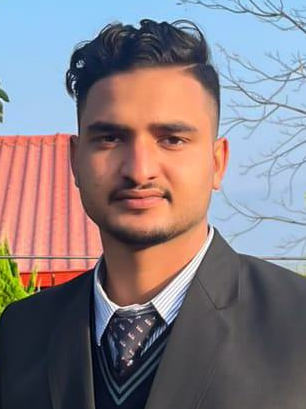
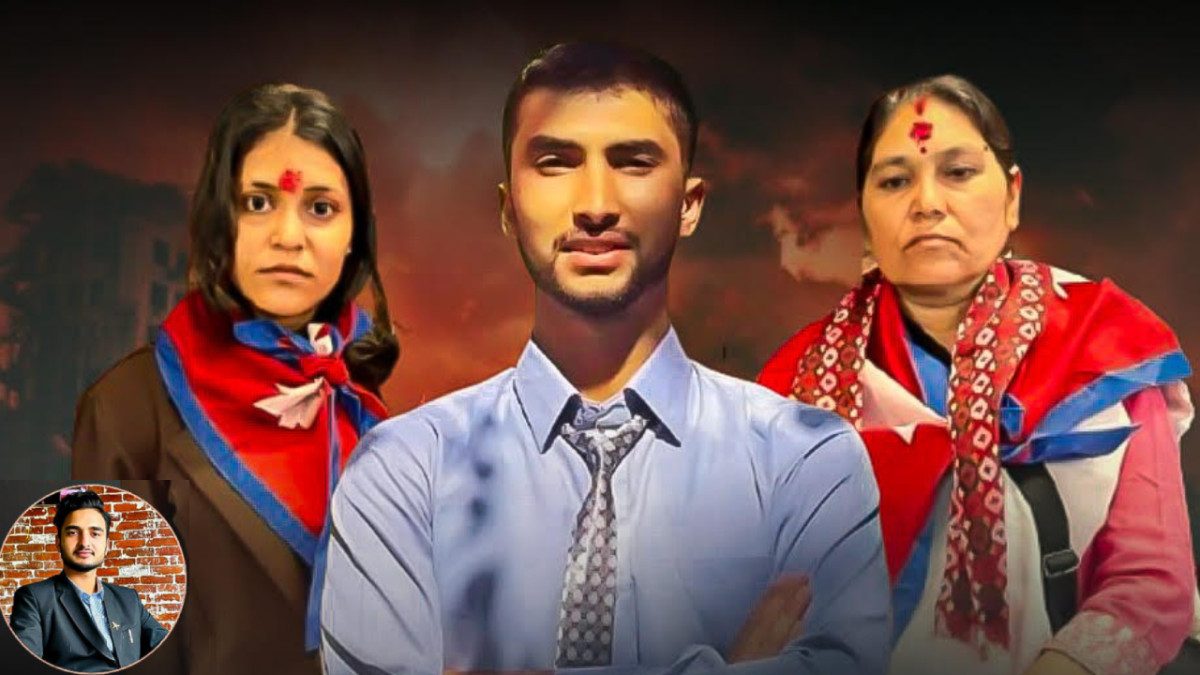



.jpeg)



.gif)


